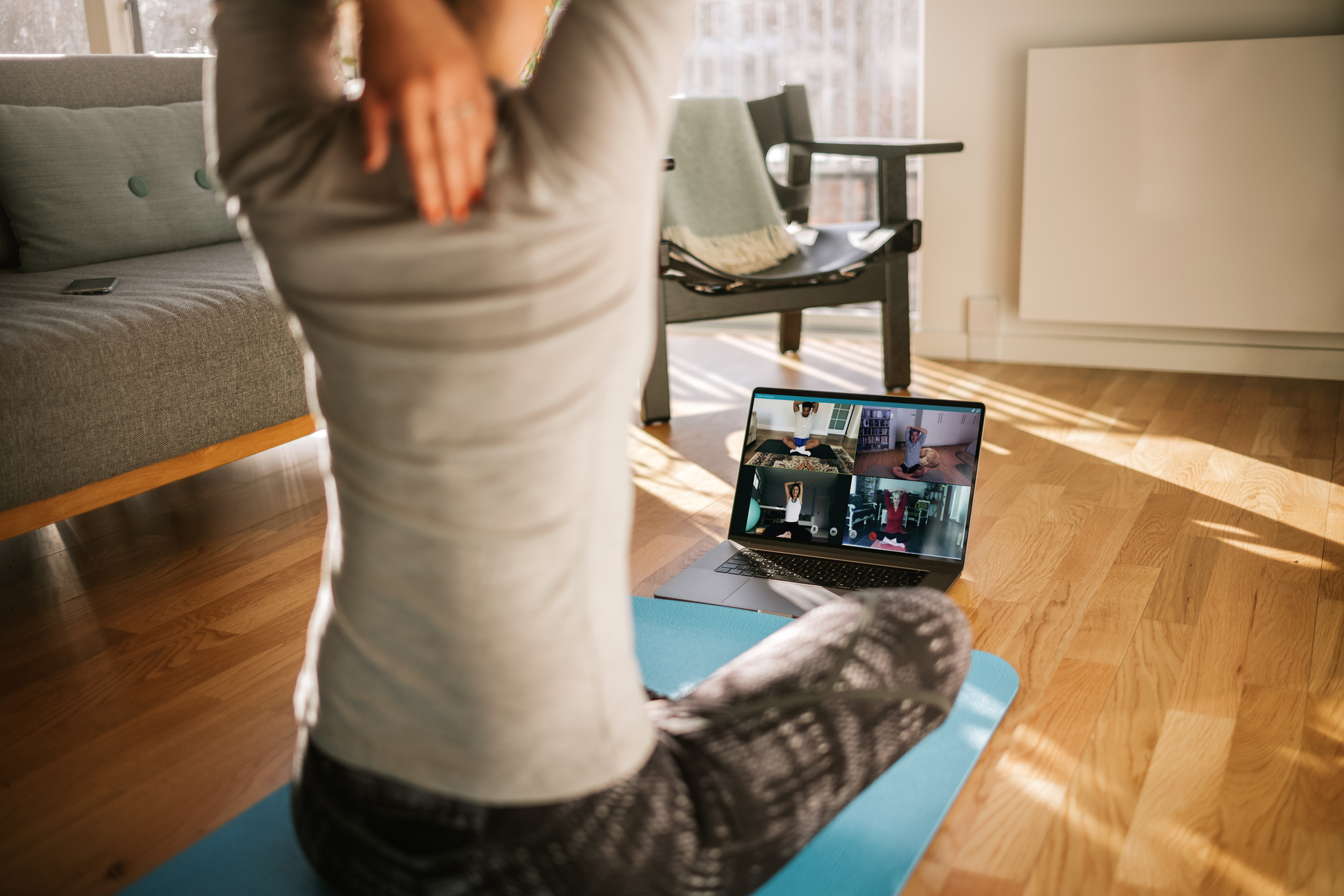Get Easy Health Digest™ in your inbox and don’t miss a thing when you subscribe today. Plus, get the free bonus report, Mother Nature’s Tips, Tricks and Remedies for Cholesterol, Blood Pressure & Blood Sugar as my way of saying welcome to the community!
How to time your exercise to lower your risk for cancer

Just exercising is one of the best things you can do for your health.
It can help keep your weight in check, lower your blood sugar, boost your heart health, and reduce your risk of heart disease. And according to the American Cancer Society, getting regular physical activity could even be the key to preventing cancer.
But what if I told you that while working out at all is good, timing your workouts could bring even bigger benefits — at least when it comes to cancer prevention?
According to a brand-new study, just changing the time of day you work out, and specifically exercising during a certain time frame, could dramatically lower your risk of breast or prostate cancer.
Here’s when to hit the gym…
The research, published in the International Journal of Cancer, took a deep dive into the effect of time of day of recreational and household physical activity on prostate and breast cancer risk.
And the findings were clear — exercising early in the day is associated with a significantly lower chance of developing these two types of cancer.
In fact, the researchers discovered that the best time to exercise each day for cancer prevention is between 8 and 10 a.m.
Why?
Well, the researchers say that the answer is all wrapped up in your circadian rhythm.
A disrupted sleep cycle favors cancer
You see, the research team was able to show that if your sleep cycle gets out of whack, your risk of breast and prostate cancer skyrocket.
And you know what can throw off your sleep cycle and start that whole downward spiral?
That’s right…
Getting the timing of your exercise wrong!
In fact, exercising in the last few hours before bedtime, or even doing any type of strenuous activity, later in the day has been linked to sleep problems, and therefore problems with your circadian rhythm that could elevate your cancer risk.
This means that simply moving your workout to the morning hours — before 10 a.m. — could be the key to improving your sleep cycle and reducing your cancer risk all in one fell swoop.
More natural cancer prevention tools
In addition to working out earlier in the day, other proven ways to reduce your cancer risk include:
- Limit alcohol — Drinking too much alcohol can cause your risk of cancer (especially breast cancer) to rise dramatically.
- Control your weight — Maintaining a healthy weight is a cancer prevention tip straight from the doctors at Mayo Clinic. So watch your BMI, and take steps to shed any excess pounds.
- Eat a healthy diet — Reduce your intake of high-fat foods while upping the number of fruits and veggies you eat with each meal.
Remember, although a portion of cancer risk, like those of the breast and prostate are wrapped up in genetics, lifestyle modifications such as optimizing the timing of your exercise and changing your diet could make all the difference.
Editor’s note: Discover how to live a cancer prevention lifestyle — using foods, vitamins, minerals and herbs — as well as little-known therapies allowed in other countries but denied to you by American mainstream medicine. Click here to discover Surviving Cancer! A Comprehensive Guide to Understanding the Causes, Treatments and Big Business Behind Medicine’s Most Frightening Diagnosis!
Sources:
Exercise: 7 benefits of regular physical activity — Mayo Clinic
American Cancer Society guidelines on nutrition and physical activity for cancer prevention — American Cancer Society Journals
Effect of time of day of recreational and household physical activity on prostate and breast cancer risk (MCC‐Spain study) — Wiley Online Library
Circadian Rhythm and Sleep Disruption: Causes, Metabolic Consequences, and Countermeasures — NCBI
Does exercising at night affect sleep? — Harvard Health
Does exercise late in the day cause insomnia? — Mayo Clinic
Breast cancer prevention: How to reduce your risk — Mayo Clinic
Prostate cancer prevention: Ways to reduce your risk — Mayo Clinic












